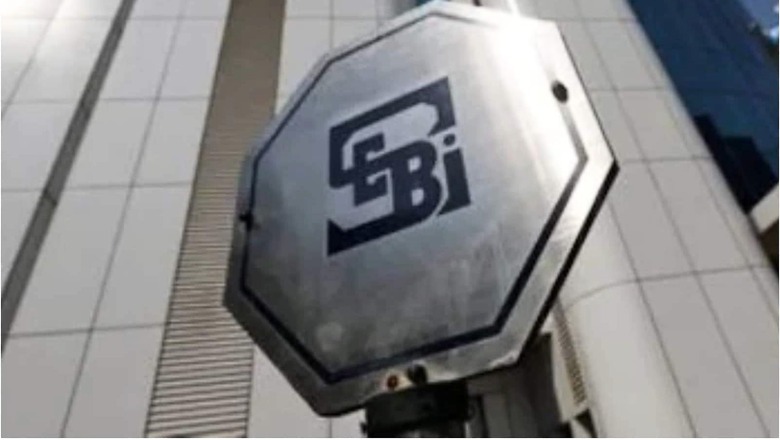
views
Capital markets regulator Sebi has segregated dues to the tune of Rs 67,228 crore under “difficult to recover” category at the end of March 2022. Overall, the regulator has dues worth Rs 96,609 crore that needs to be recovered from entities, including those that failed to pay the fine imposed on them, failed to pay fees due to markets watchdog and did not comply with its direction to refund investors’ money, according to Sebi’s annual report for 2021-22.
Out of Rs 96,609 crore, the regulator said that Rs 63,206 crore, which is 65 per cent of the total, pertains to Collective Investment Scheme (CIS) and deemed public issues of PACL Ltd and Sahara Group company — Sahara India Commercial Corporation Ltd.
Also, Rs 68,109 crore, amounting to 70 per cent of the total dues, is subject to parallel proceedings before various courts and court-appointed committees. In these cases, Sebi’s recovery proceedings are subject to directions of respective courts or committees.
In its annual report, the regulator has categorised dues worth Rs 67,228 crore as Difficult To Recover (DTR).
Defining DTR, Sebi said these dues are the ones which could not be recovered even after exhausting all the modes of recovery.
It clarified that segregation of such DTR dues is purely an administrative act and this will not preclude the recovery officers from recovering the amount so segregated as DTR as and when there is a change in any of the DTR parameters from the recovery point of view.
The Securities and Exchange Board of India (Sebi) is empowered to recover penalties imposed by the Adjudicating Officer, amount directed to be disgorged and money ordered to be refunded to the regulator.
Also, the markets watchdog took up as many as 59 new cases, pertaining to flouting securities law, for investigation during 2021-22, which is way lower than 94 cases taken up in the preceding financial year.
The cases were related to alleged violation of securities law, including market manipulation, price rigging and insider trading.
“During 2021-22, 59 new cases were taken up for investigation and 169 cases completed in comparison to 94 new cases taken up and 140 cases completed in 2019-20,” the report noted.
Of the total 59, as many as 38 cases taken up for investigation were related to market manipulation and price rigging; 17 cases for insider trading and the remaining four pertained to other violations of securities law.
Sebi initiates investigation based on reference received from sources such as its integrated surveillance department, other operational departments and external government agencies.
“The purpose of the investigation is to gather evidence and to identify persons/ entities behind irregularities and violations so that appropriate and suitable regulatory action can be taken, wherever required,” the annual report noted.
The steps involved during the investigation process include the analysis of market data like order and trade log, transaction statements and exchange report.
Among others, Sebi also analysed bank records like account and KYC details, information about a firm, call data records and information obtained from market intermediaries during the investigation process.
After completion of an investigation, the watchdog said, penal action was initiated wherever violations of securities laws and obligations relating to the securities market were observed.
During 2021-22, the regulator initiated enforcement action in 176 cases while it disposed of 226 cases. At the end of March 2022, 426 cases were pending for action.
Read all the Latest Business News here



















Comments
0 comment